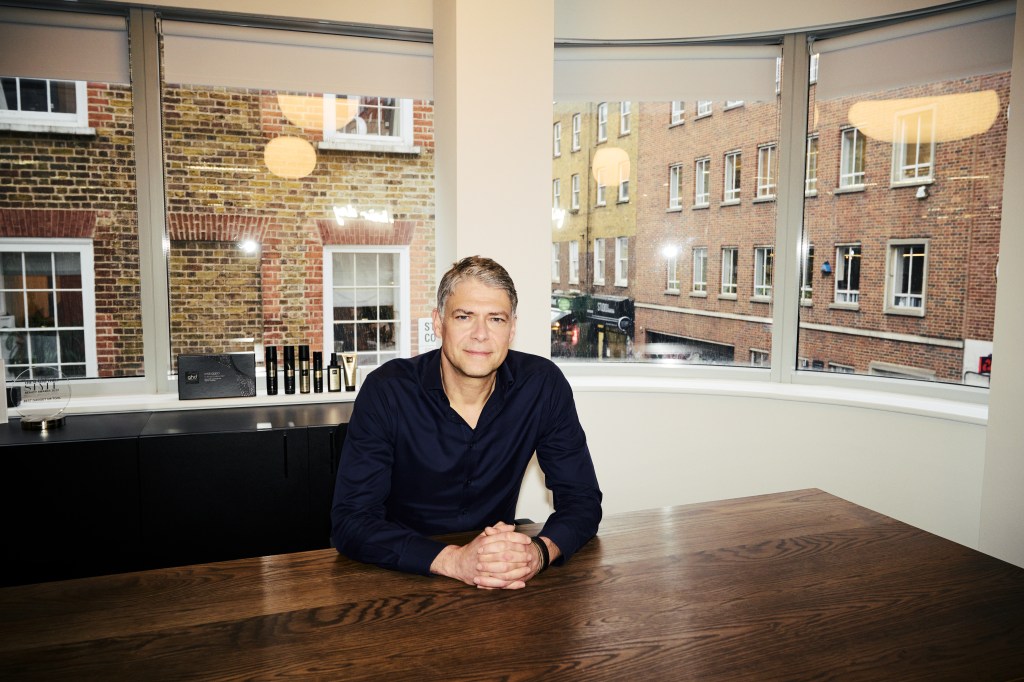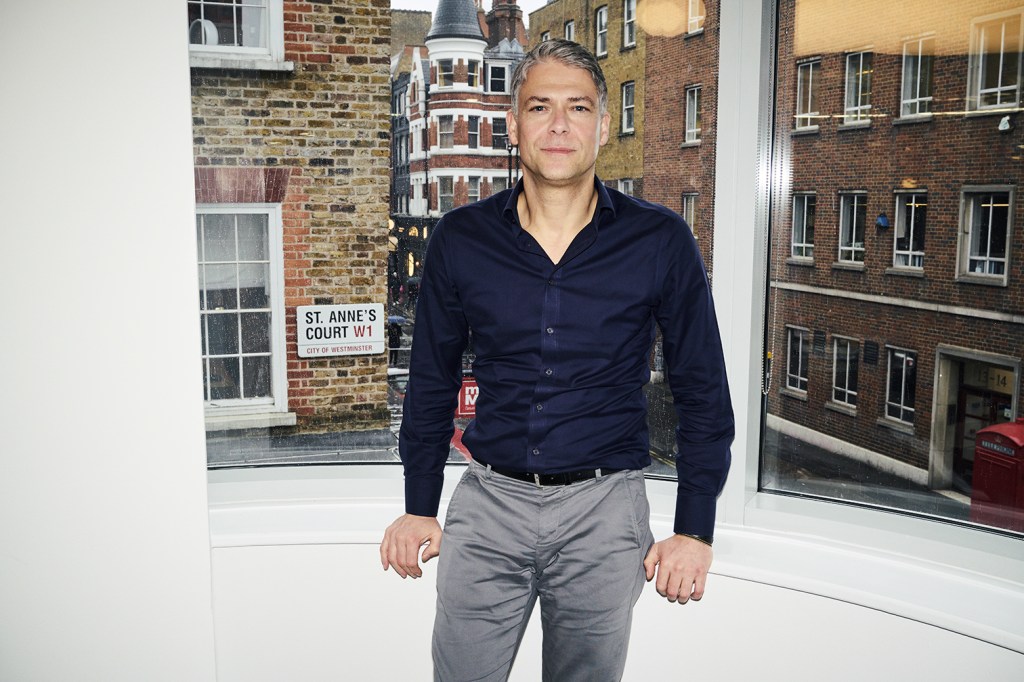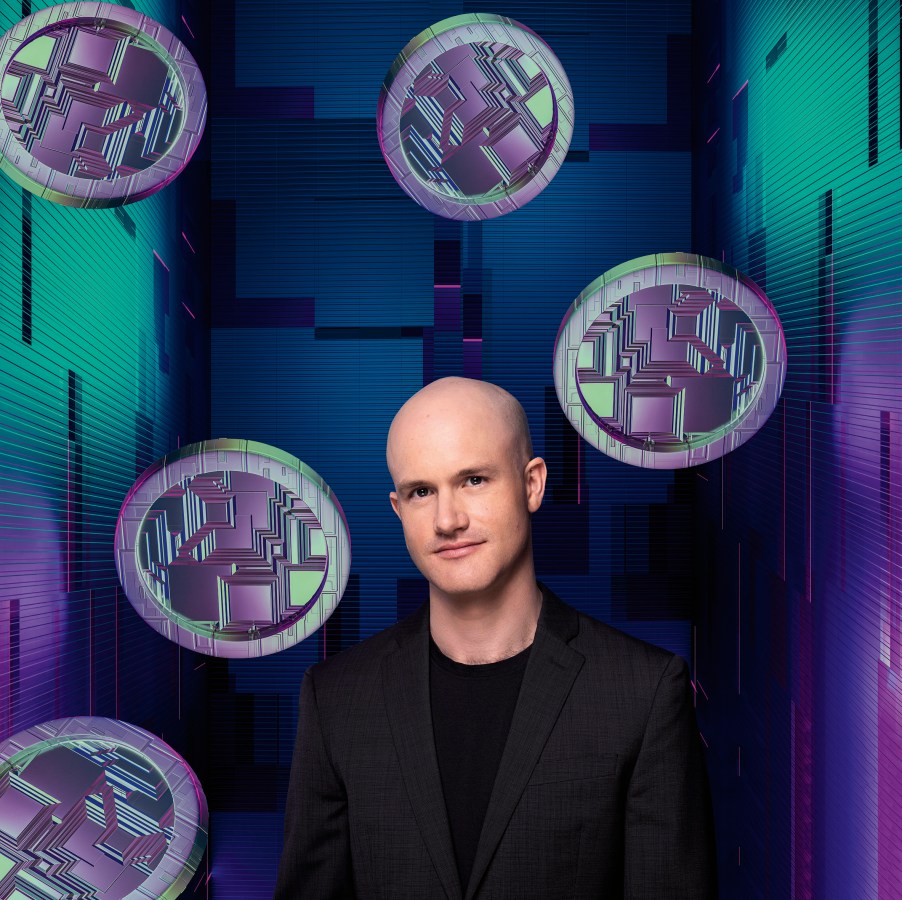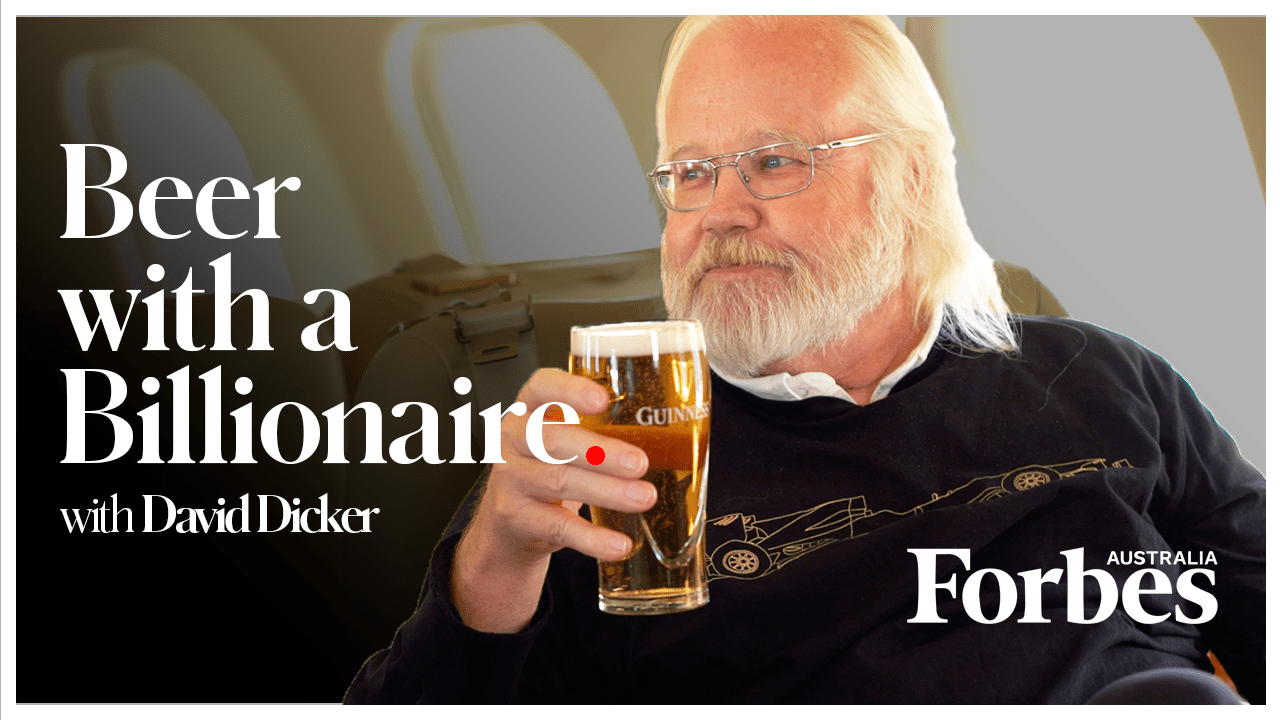Jeroen Temmerman joined hair juggernauts ghd in April 2018, having spent more than 20 years with L’Oreal. He sits down with Forbes Australia to share why this move was the best investment in his career – and what he hopes his legacy will be.

You left cosmetics for hair – is there anything you had to upskill in or learn quickly to accommodate the change?
During my career, prior to ghd, I worked mostly in hair so it hasn’t been too much change. My experience in hair has had many advantages, it has been one of my core competencies throughout my career.
The biggest change has been switching from chemistry to physics. ghd is a tech-beauty brand so the focus at the ghd R&D labs in Cambridge, UK, is on physics, where we have engineers discovering and developing the latest innovations and advancements in heat technology to create innovative and high performance professional hair styling tools.
The industry you operate in is, by its nature, constantly changing. How do you stay on top of trends?
At ghd we are always looking ahead and creating innovative products that meet consumer and professional stylist needs. For example our latest innovation, duet style, has seen us create a whole new category in styling: wet to styled. It is an industry first and has been our biggest innovation ever. We know consumers want tools that make styling easier than ever before, and duet style does just that. It combines the power of air and heat to dry and style with one tool, and without causing damage. It is a revolution in styling and is transforming the way people styling their hair.
How do you prioritise what needs to be done for the day/week ahead?
When you have a clear business purpose and clear strategy the priorities are evident. The purpose at ghd is to transform lives with the power of a good hair day and our mission is to become the leading global premium brand in high-end professional hair-styling tools. We have a very clear strategy in place to achieve this and a clear strategy defines a to-do list, but also a not-to-do list, which is just as important.
One thing I always do with my teams is check that decisions are in line with the strategy and check if any projects could move to a not-to-do list, which happens if they are not important and do not align with the overall goals of the business.
What’s non-negotiable in your daily routine to ensure you’re productive and performing at your best?
Waking up early and doing sports are non-negotiable in my daily routine. I strongly believe that to perform well you must have good mental health and good physical health, and good physical health then helps with mental health. Eating a well-balanced and healthy diet is also important.
What is your decision-making process like?
Decision making for me is clarifying who makes decisions in the organisation and who is expected to give input. There can be a lot of misunderstanding in that, so clarification of that process is vital.
Quick escalation is important in decision making. Teams must be encouraged to communicate a break-down, this is very important for an organisation to move on and detect problems quickly and efficiently. I encourage communication within decision making – if my team identify a problem, they also must be able to communicate how they can solve the problem.
When making decisions I can sometimes disagree with a point of view but I still can commit to it and hope the team is right.

Is there a characteristic or quality of yourself that you think is underrated by other people?
I communicate directly and honestly. I am from The Netherlands and the Dutch people value honesty and sincerity. What some people might consider blunt, the Dutch perceive as honest and truthful. We pride ourselves on having and expressing an opinion.
Saying all that, I have lived in 5 different countries and one of the most inspiring learnings from living in different countries is the ability to adapt to the culture that you live in.
Is there a quote that you live by?
There are two:
- Simplicity is the ultimate sophistication – Leonardo da Vinci
- Never quit, suffer now and live the rest of your life like a champion – Muhammad Ali
Is there anyone you look up to in the business world?
Steve Jobs – he was a visionary and showed how innovation can change the world and bring added value to the consumer. At ghd we deliver added value to our customers via tech innovation, we are transforming lives with the power of a good hair day.
Is there something you see business leaders repeatedly getting wrong? If so, how would you help them fix it?
Business leaders should have a vision on where their company should go and as a consequence have clear objectives, targets and budgets. Sometimes I see it the other way around, with leaders setting targets without a clear vision.
I don’t see other companies as competitors, I see them more as rivals, because from a rival you can learn, you try to improve, and you try to be better. I am focused on continuous improvement, but I am not obsessed with the competition, I am focused on making improvements within my own organisation.
What would you like your legacy to be?
I would like the people I have worked with in my life to look back on that period of working with me and to say ‘I learned something. I filled my backpack in that time and I went on to climb the mountain’. I want my teams to have made impactful learnings in their professional life from their time working with me.
How would you describe your management style?
My style is based on trust. Within that trust I give clarity through strategic thinking on where the company should go, but I give freedom within the frame to give people their own problem solving. Sometimes it happens that I don’t agree, but I will commit to their solution and after that I support them throughout the process.
What’s the best investment you ever made?
Joining ghd has been the very best investment in my career.
If someone gave you an extra 10 hours, where would you allocate that time?
I would spend the time with friends and family.
Look back on the week that was with hand-picked articles from Australia and around the world. Sign up to the Forbes Australia newsletter here or become a member here.


